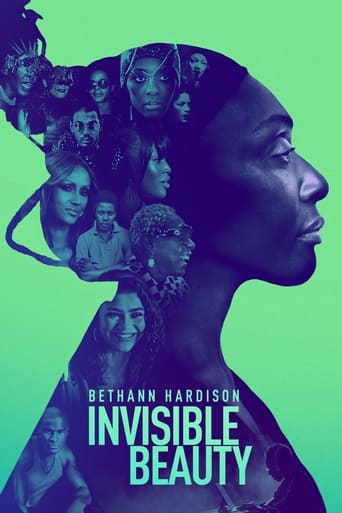
15 Sep 2023

Invisible Beauty
Fashion revolutionary Bethann Hardison looks back on her journey as a pioneering Black model, modeling agent, and activist, shining a light on an untold chapter in the fight for racial diversity.
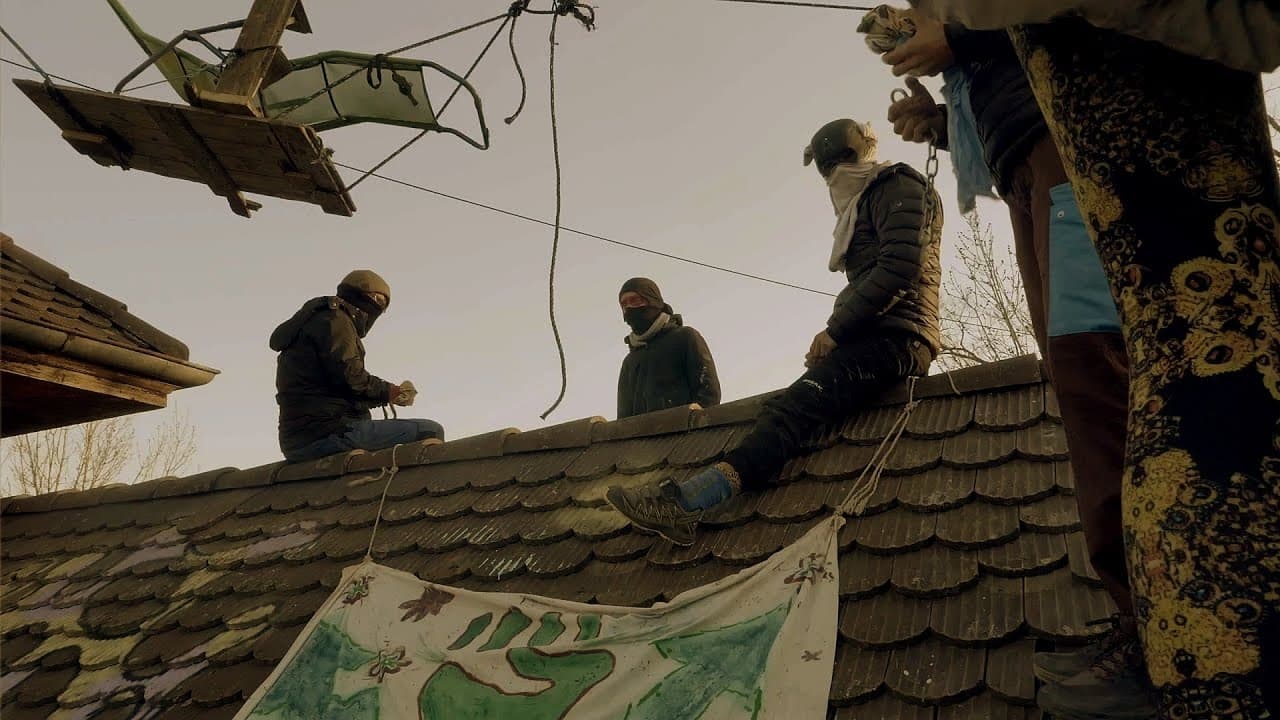
Environmental activists Thor, Hulk, Black Panther, Captain Anarchy and Batman illegally occupy Mormont Hill. They create a utopian model of society while waging a peaceful struggle against the enemy: the cement industry. Far from any society, these activists invent, create and reclaim a threatened site. A new threat looms when the police announce that they will soon be evicted. Zadvengers offers a poetic and personal vision of the reality of activism in the "Zones to be Defended" (ZADs).

15 Sep 2023

Fashion revolutionary Bethann Hardison looks back on her journey as a pioneering Black model, modeling agent, and activist, shining a light on an untold chapter in the fight for racial diversity.
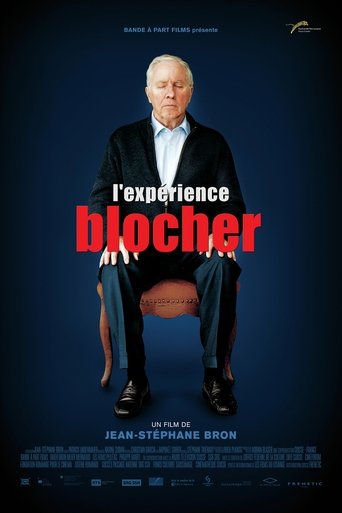
19 Feb 2014

The Blocher Experience tells the story of Switzerland’s most controversial political leader. It also chronicles the face-to-face encounter between a film-maker and a man of power, through a year of exclusive, up-close interviews and access to his private life.

15 Mar 2024

Wisconsin's tribe's ongoing fight to protect Lake Superior for future generations. "Bad River" shows the Bad River Band of Lake Superior Chippewa's long history of activism and resistance in the context of continuing legal battles with Enbridge Energy over its Line 5 oil pipeline. The Line 5 pipeline has been operating on 12 miles of the Bad River Band's land with expired easements for more than a decade. The Band and the Canadian company have been locked in a legal battle over the pipeline since 2019.

01 Nov 2015

A documentary account by award-winning filmmaker John Ferry of the events that led up to the 1969 Native American occupation of Alcatraz Island as told by principal organizer, Adam Fortunate Eagle. The story unfolds through Fortunate Eagle's remembrances, archival newsreel footage and photographs.

16 May 2013

Is the solution to Switzerland's future to integrate Germany into the confederation? After all, like Michael Ringier, CEO of the Ringier media group, says, blithely ignoring all minorities, we're very close in culture and language. Oskar Freysinger takes out his guitar and sings his answer. Politicians from French-speaking Switzerland and Ticino think expanding will help the country survive. The former German foreign minister thinks the two countries' traditions are too different. The banker Oswald Grübel is worried about Germany's debts, although he'd be prepared to take over its assets. With serious interviews interspersed with gags (boat people on Lake Constance, the last Habsburger as a peasant), Giaccobbo gathers off-the-cuff reactions which reveal a lot about the different mentalities. The movie laughs at preconceived notions, redefines neutrality and reflects on what designates a nation. Switzerland, which loves to teach the world a lesson, will soon helvetize the planet, oder?
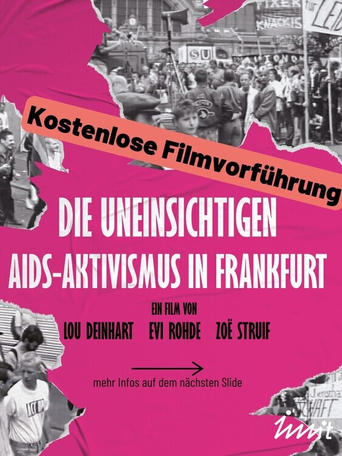
12 Apr 2024

A documentary that explores AIDS activism in Frankfurt, focusing on activists, affected individuals, and organizations fighting the epidemic, raising awareness, and advocating for policy changes. Directors Lou Deinhart, Evi Rohde, and Zoë Struif incorporate 1980s/90s theatre productions, news footage, and protest recordings into their research. Alternating between present-day encounters and historical media, they interview numerous witnesses, constructing a collage of diverse memories rather than a single narrative, highlighting grassroots movements' struggles, solidarity, and impact.
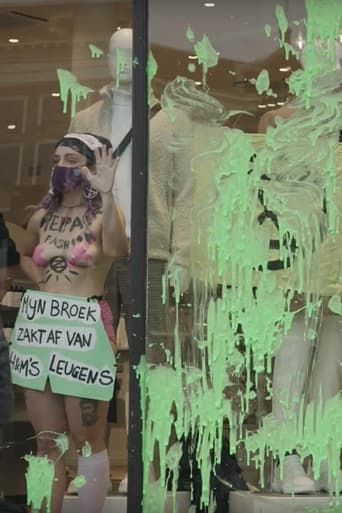
18 Apr 2021

In the Netherlands, 200,000 young people are concerned about the end of the world and the major climate disasters they may experience. They learn from Greta Thunberg that the world will end if we continue like this. Climate depression and eco-anxiety have recently become official diagnoses. Robin (26 die/them), Melih (16 he/him) and Armando (21 he/him) turn their concerns into action. How far will they go and how lonely is their struggle? Documentary about the biggest problem of our time and the pressure this puts on a growing generation.
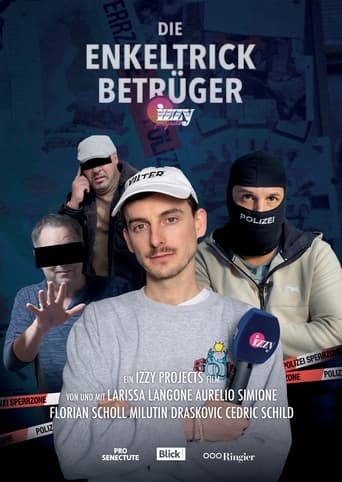
04 Feb 2024

Grandchild fraudsters scare their victims on the phone with so-called "shock calls". The losses run into millions. Month after month. Many victims are left severely traumatized. But the scam has a weak point. And the izzy team has found it. During a year-long investigation, izzy figurehead Cedric Schild pretends to be an elderly person and supposed victim on the phone. This not only makes for a few laughs, but also drives the perpetrators crazy - at the same time, the editorial team penetrates deep into the structures of the criminal clans. Thanks to more than 1200 minutes of recorded conversations from real shock calls, the izzy film "Die Enkeltrick Betrüger" shows all the tricks used by fraudsters for the first time and thus makes an important contribution to prevention. In cooperation with the law enforcement authorities, the perpetrators are arrested in front of the cameras.
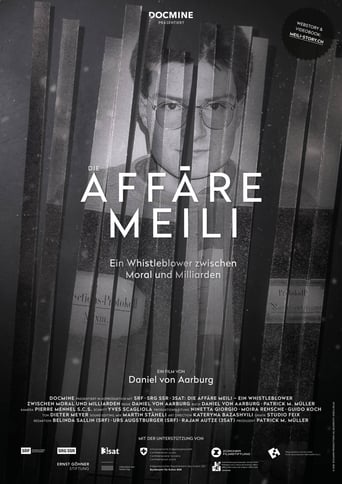

No overview found
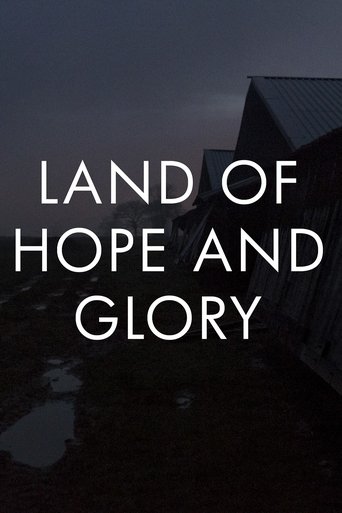
02 Aug 2017

In 2005, a film called Earthlings became the most pivotal documentary of the animal rights movement. Here in the UK however, we found the phrase "that doesn't happen in our country" coming up far too much. We wanted to set the record straight. Through Land of Hope and Glory we aim to show the truth behind UK land animal farming by featuring the most up to date investigations as well as never before seen undercover footage, with a total of approximately 100 UK facilities featured throughout the film.
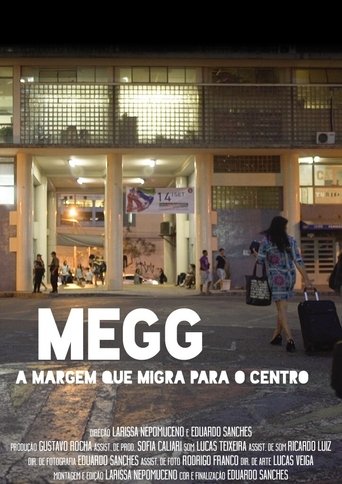
09 Jun 2018

Megg Rayara overcame obstacles that should not exist to get where she is. Get a Doctorate Degree is a very important victory not only for her, but also for the transvestite community. For the first time in Brazil, a black transvestite wins a Doctorate Degree. It is the margin that migrates to the center, taking all its history with her.
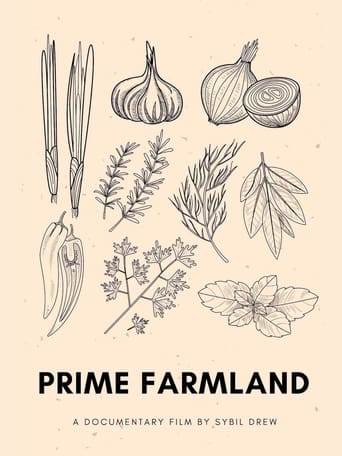
01 Aug 2020

This documentary film follows farmers and activists fighting together to stop the Indiana Enterprise Center, a mega-sized industrial park planned west of South Bend, Indiana

05 Dec 2022

No overview found
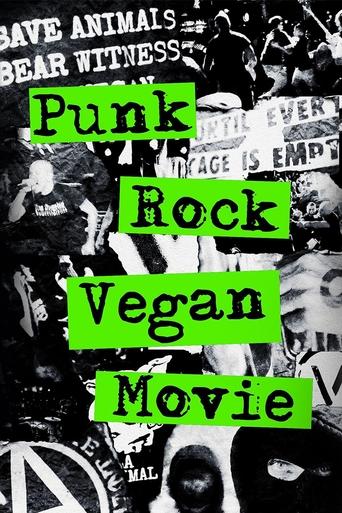
25 Jan 2023

The ongoing relationship between the worlds of punk rock and animal rights and how the music became a breeding ground for vegan activism.
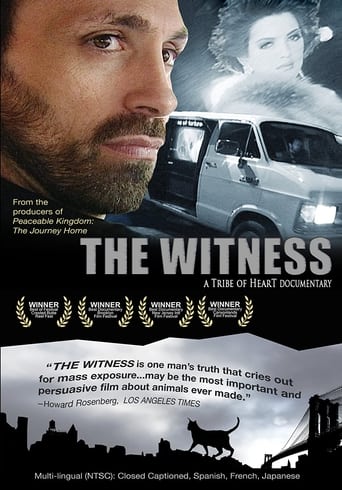
01 Jan 2000

Transformed by the love of a kitten, a tough New York City construction contractor is inspired to rescue abandoned animals, become a vegetarian, and take his message of compassion to the streets. A construction contractor who grew up on the mean streets of Brooklyn, Eddie Lama is probably the last person you'd figure to be an animal activist. Indeed, Eddie was raised with a deeply ingrained aversion to animals, as he explains in the award-winning documentary "The Witness." But when a pretty woman asks him to take care of her kitten, he finds himself reluctantly agreeing as a ploy to get a date, not knowing that his life is about to change forever. In the end, it is the kitten who captures his heart, opening his eyes to the wonder of other living creatures and awakening him to the richness of the human-animal bond.
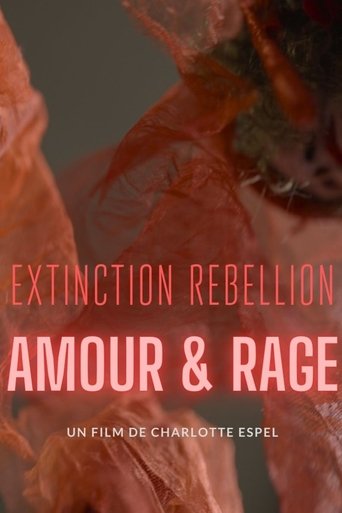
17 Mar 2025

No overview found
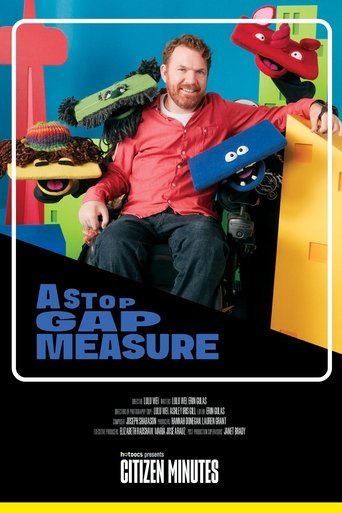
30 Apr 2025

When temporary solutions become the status quo, who gets left behind? A Stop Gap Measure follows disability activist Luke Anderson in his fight for accessibility to be a right, not a privilege.

19 Sep 2024

After their hunger strike in Berlin's government district, 5 climate activists reunite. While Lina has joined the "Last Generation," her comrades prepare for the eviction of Lützerath, a village facing demolition for mine expansion. How far will they go for their ideals?
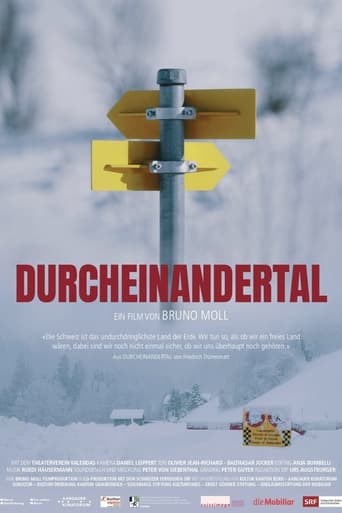
20 Jan 2023

The theater group Valendas from the Safiental in the canton of Grisons adapts Friedrich Dürrenmatt's grotesque novel.

14 Sep 2016

Amidst the storm of Ferguson, 7 St. Louis college students evolve into advocates and activists as they demand change through policy and protest